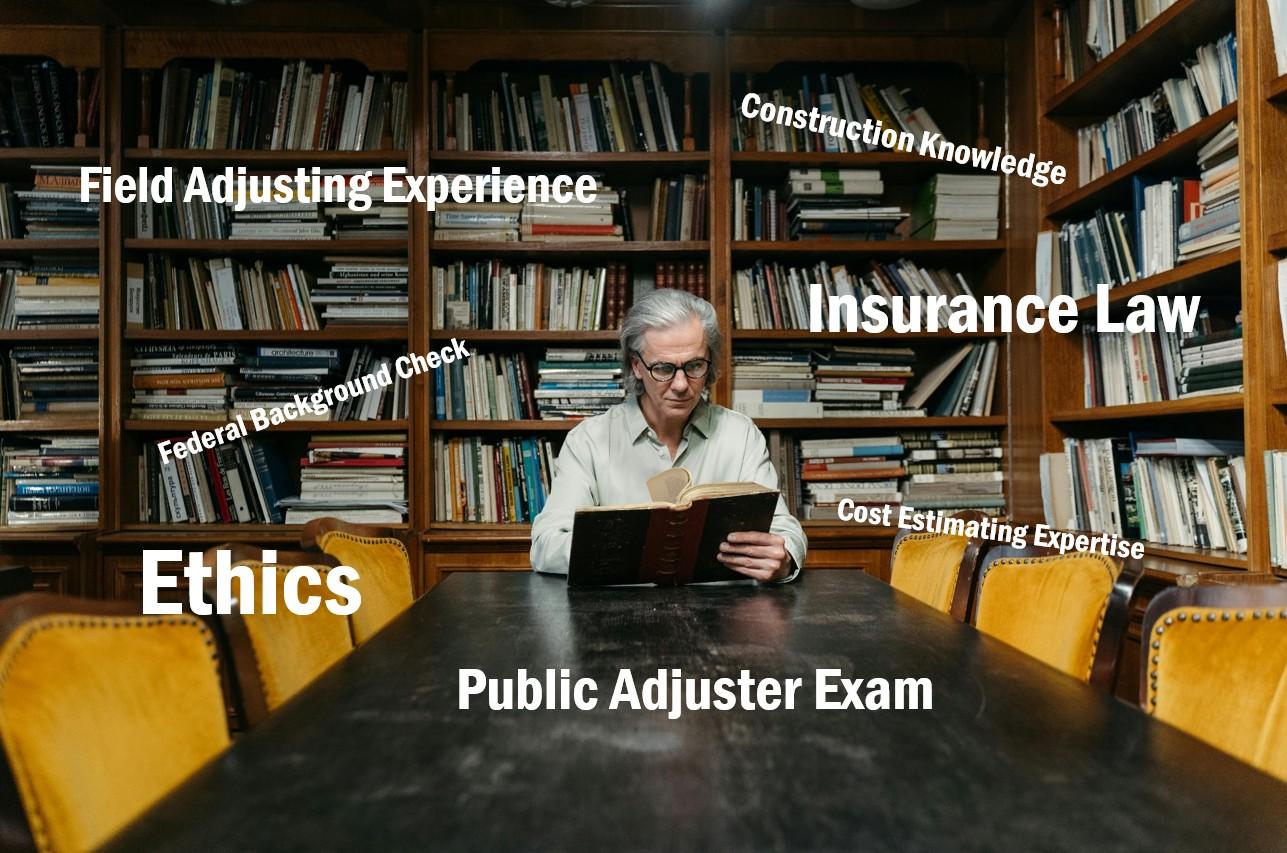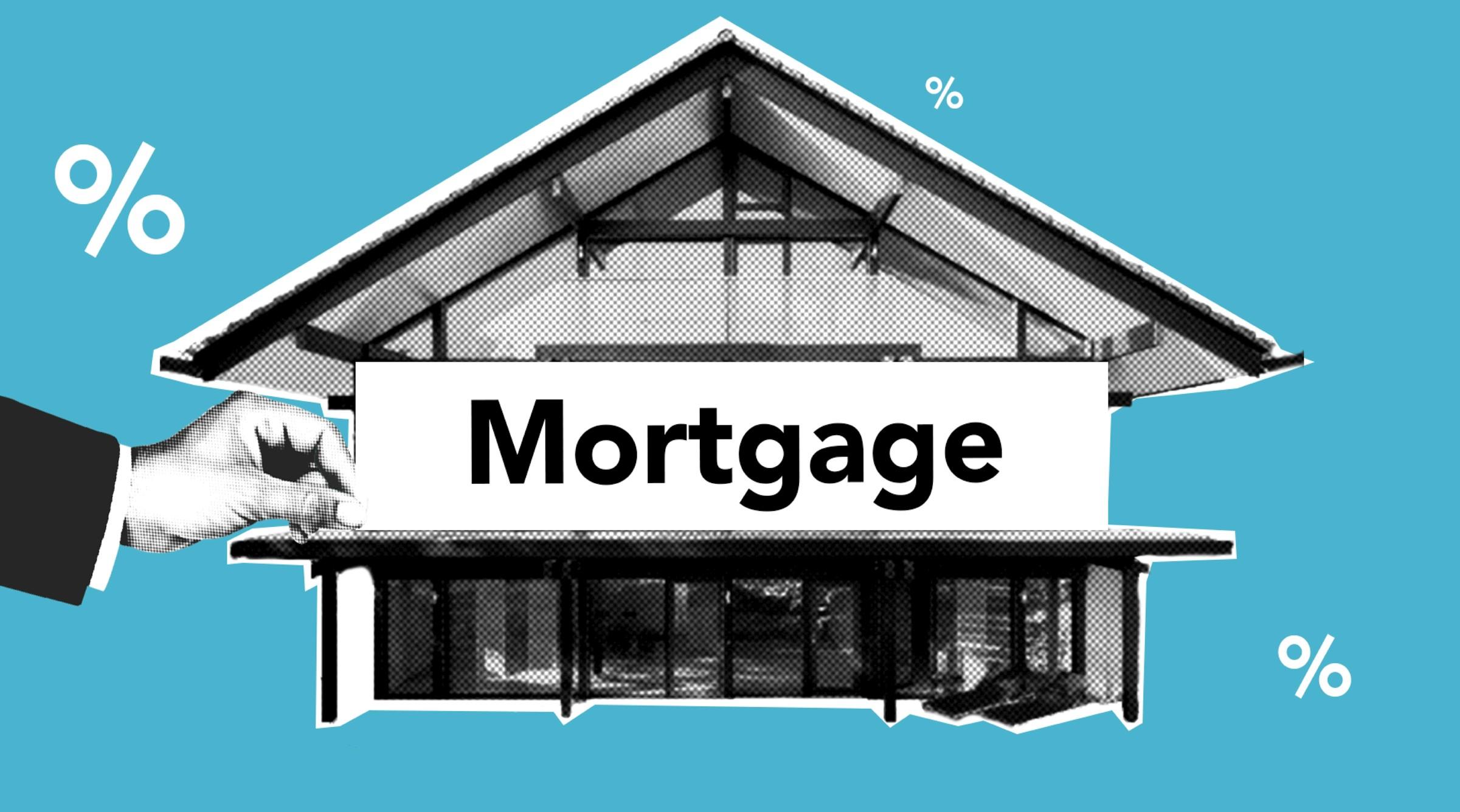How to Negotiate with a Public Adjuster: What Texas Policyholders Need to Know Before Signing a Contract
The Takeaways
• Public adjuster fees in Texas are capped at 10% of the claim settlement
• A public adjuster represents you, not your insurance company, and is legally bound to act in your best interest while negotiating your claim
• A clear agreement should define the adjuster’s role, scope, and expectations before work begins
• Reputable adjusters welcome your questions and are transparent about timelines, fees, and communication
• Hiring a public adjuster early helps prevent common claim delays, underpayments, or misinterpretations
True View Commercial handles millions of dollars in claims per year across a diverse portfolio of insureds. Nevertheless, some version of the same question continues to occur:
“Can I negotiate with my public adjuster before hiring them?”
The short answer is: Yes! You have every right to ask questions, negotiate terms, and understand exactly what you're signing.
Hiring a public adjuster is one of the most powerful and effective moves a policyholder can make after a major loss, especially in Texas, where insurance companies are under no obligation to ensure you’re fairly compensated. But just like hiring any professional, whether it’s a contractor, CPA, or attorney, it pays to know what’s negotiable and what’s regulated by law.
If you’re in the Dallas–Fort Worth area and considering hiring a public adjuster for your residential or commercial fire loss, educating and familiarizing yourself with the claim process beforehand is crucial in getting the most from your public adjuster while maximizing your claim settlement.
Public Adjuster Fees in Texas: What’s Non-Negotiable
Let’s start with what can’t be negotiated. In the State of Texas, public insurance adjusters may not charge more than 10% of the final claim settlement. This cap is established by state law to protect consumers and ensure adjusters aren’t incentivized to inflate values.
In fact, Texas Insurance Code § 4102.104(b) makes it crystal clear:
“A license holder may not receive a commission, service fee, or other valuable consideration for the adjustment of a claim that exceeds 10 percent of the amount of the insurance settlement on the claim.”
Be wary of any agreement that has additional fees for services that are stacked on top of a 10% fee to the public adjuster. Additionally, if the rate is lower than 10%, be certain that additional service fees, when added to the lower rate, don’t exceed 10% of the total claim value.
So, if you’re working with a public adjuster in DFW who’s asking for more than 10%, or trying to bury additional charges into the agreement, that’s a red flag. Walk away.
What Is Negotiable with a Public Adjuster?
While the fee percentage cap is locked in by law, other parts of the working relationship can, and should, be negotiated.
At True View Commercial, we encourage our clients to discuss financial goals with our team so that we can find a solution that works for both sides. Every claim is different, and every insured has different outcomes they are looking for. In order to make the most of every claim and to maintain the highest professional relationship with our clients, we encourage them to follow a simple roadmap and ask the right questions before moving forward.
1. Scope of Work
Make sure you understand what your adjuster will (and won’t) do.
Some public adjusters only handle initial estimates. Others, like True View Commercial, manage the entire process—including inspections, documentation, estimating, carrier negotiations, and supplemental claims.
2. Communication Expectations
Set communication preferences and expectations upfront.
Ask how often you’ll receive updates, and whether you’ll be able to reach your adjuster directly or through a team. Your adjuster should provide regular progress updates, especially after inspections or carrier correspondence.
3. Cancellation Terms
Determine if there are fees or penalties for cancellation of service.
Texas law allows a 72-hour window to cancel a public adjusting contract with no penalty. However, if you need to cancel later due to poor performance, unclear deliverables, or communication breakdowns, your contract should specify a path for doing so.
4. Fee Reductions on Partial Work
If you have been offered a baseline settlement already, do not pay fees on what you already have.
In cases where the insurance company has already issued partial payment, it’s reasonable to ask whether the adjuster’s fee will apply only to new or increased settlements. Reputable firms are open to this discussion and often prorate their compensation accordingly.
This is always an interesting situation because a good public adjuster who’s fighting for you can achieve such a substantial increase in the claim that they have to reduce their fees on the new money in order to stay compliant with the 10% fee cap law in Texas.
How to Spot a Reputable Public Adjuster
When you’re negotiating with a public adjuster, remember:
- A great adjuster will never pressure you to sign.
- Transparency on how your loss will be handled is key.
- You should be made aware of state statutes and ensure they are followed.
Here are signs of a trustworthy firm:
- They provide a written agreement that follows the Texas Department of Insurance format
- They answer your questions clearly, without vague promises
- They walk your property personally, not just assign someone remotely
- They offer referrals or examples of past claim successes
- They help you understand your policy, not just focus on their role
In the DFW metroplex, where we see thousands of hail, fire, and water damage claims each year, the difference between a $100,000 payout and a $400,000 payout often comes down to the quality and experience of your public adjuster. Oftentimes, the cheapest public adjuster or the public adjuster that tries to undercut the others, will not have the time, expertise, or incentive to maximize your claim.
Common Mistakes When Hiring an Adjuster—And How to Avoid Them
Unfortunately, many policyholders don’t realize they should negotiate or clarify expectations. Here are a few missteps we see:
Mistake #1: Signing a contract without understanding it.
Solution: Take your time. Ask for a draft before signing. At True View, we send our agreement ahead of time and walk you through each section.
Mistake #2: Not asking whether the adjuster will personally inspect the property or if the public adjuster is actually writing the estimate.
Solution: Always clarify who will perform the initial walkthrough and create the scope of damage. Your claim is only as good as your documentation.
Mistake #3: Letting an unlicensed contractor or “claim helper” act as your adjuster
Solution: Only licensed public adjusters can legally negotiate a claim on your behalf in Texas. Anyone else is violating the law. Ask to see their license or check online with the Texas Department of Insurance.
Why It’s Not Just About the Fee
While many clients focus on the 10% fee, it’s important to look at value over cost. A well-executed claim by an experienced adjuster can dramatically increase your financial recovery, protect you from underpayment, reduce the claim cycle time, and even prevent coverage disputes down the line.
At True View Commercial, our average claim improvement is generally double what insurance companies initially offer, particularly in fire and commercial roof claims in DFW.
Final Thoughts: Don’t Be Afraid to Negotiate, But Do Choose Wisely
Hiring a public adjuster is one of the most important decisions you’ll make after a loss. It’s perfectly appropriate to ask questions, define expectations, and make sure your adjuster is aligned with your goals. Keep in mind that the cheapest public adjuster may not be qualified to handle your loss.
At True View Commercial, we believe that every Texas policyholder deserves transparency, advocacy, and results… not confusion or pressure.
If you’ve experienced a fire, storm, or major property loss and want an experienced team on your side, contact us for a no-obligation consultation. We serve Dallas, Fort Worth, Arlington, Frisco, Plano, and surrounding Texas communities with expert claim adjusting and claim management services.
Note: True View Commercial does not practice law or offer legal advice. If you have questions about how Texas law applies to your situation, please consult an attorney.






